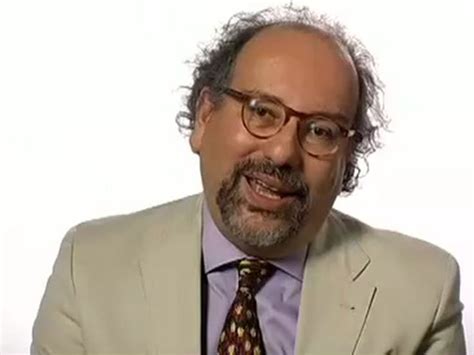A Quote by Edward de Bono
A characteristic of intuitive solutions and new ideas is that of being obvious once they are discovered.
Related Quotes
Though we [Humanists] take a strict position on what constitutes knowledge, we are not critical of the source of ideas. Often intuitive feelings, hunches, speculation, and flashes of inspiration prove to be excellent sources of novel approaches, new ways of looking at things, new discoveries, and new information. We do not disparage those ideas derived from religious experience, altered states of consciousness, or the emotions; we merely declare that testing these ideas against reality is the only way to determine their validity as knowledge.
At school, new ideas are thrust at you every day. Out in the world, you’ll have to find the inner motivation to search for new ideas on your own. With any luck at all, you’ll never need to take an idea and squeeze a punchline out of it, but as bright, creative people, you’ll be called upon to generate ideas and solutions all your lives. Letting your mind play is the best way to solve problems.
But it is just this characteristic of simplicity in the laws of nature hitherto discovered which it would be fallacious to generalize, for it is obvious that simplicity has been a part cause of their discovery, and can, therefore, give no ground for the supposition that other undiscovered laws are equally simple.
It is fascinating to watch politicians come up with 'solutions' to problems that are a direct result of their previous solutions. In many cases, the most efficient thing to do would be to repeal their previous solution and stop being so gung-ho for creating new solutions in the future. But, politically, that is the last thing they will do.
there is no prescribed route to follow to arrive at a new idea. You have to make the intuitive leap. But the difference is that once you've made the intuitive leap you have to justify it by filling in the intermediate steps. N my case, it often happens that I have an idea, but then I try to fill in the intermediate steps and find that they don't work, so I have to give it up.
To be born again is, as it were, to enter upon a new existence, to have a new mind, a new heart, new views, new principles, new tastes, new affections, new likings, new dislikings, new fears, new joys, new sorrows, new love to things once hated, new hatred to things once loved, new thoughts of God, and ourselves, and the world, and the life to come, and salvation.





































